Lifestyle
10 Unconventional Superstitions That Were Key to Cowboy Culture
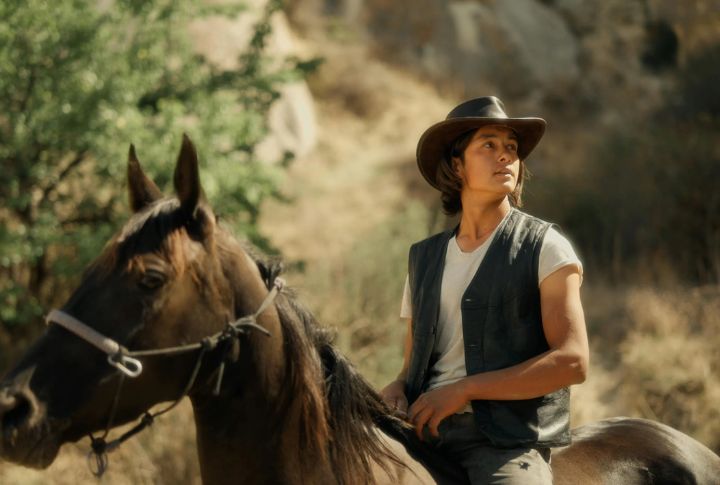
Cowboys didn’t just ride hard and live free—they also followed some unusual beliefs to stay lucky. Life on the trail wasn’t simple, and old superstitions gave a little extra insurance when things got rough. Some traditions still raise eyebrows today. Curious how superstition shaped the frontier spirit? Here are a few you should know.
Burying A Cowboy With His Boots On
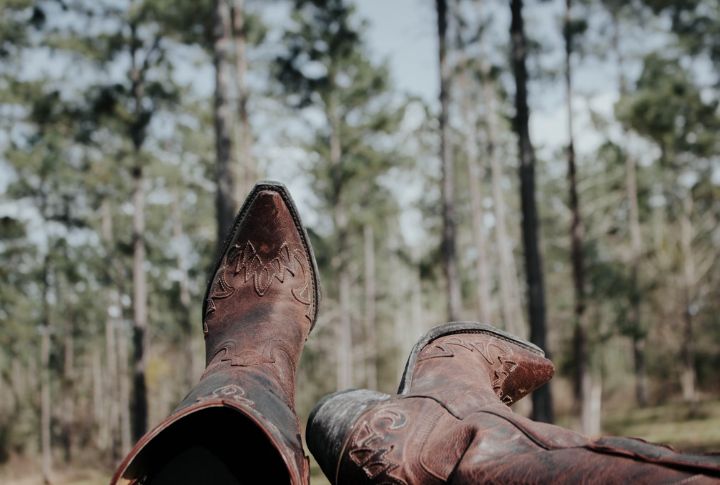
In cowboy culture, passing with boots on symbolized a sudden or violent fate, often from gunfights or accidents. Many cowboys removed their boots before bed, hoping for a peaceful end. The phrase “passed with his boots on” remains common in old trail diaries and frontier town records, which reflects its significance.
Hanging A Horseshoe Over The Bunkhouse Door
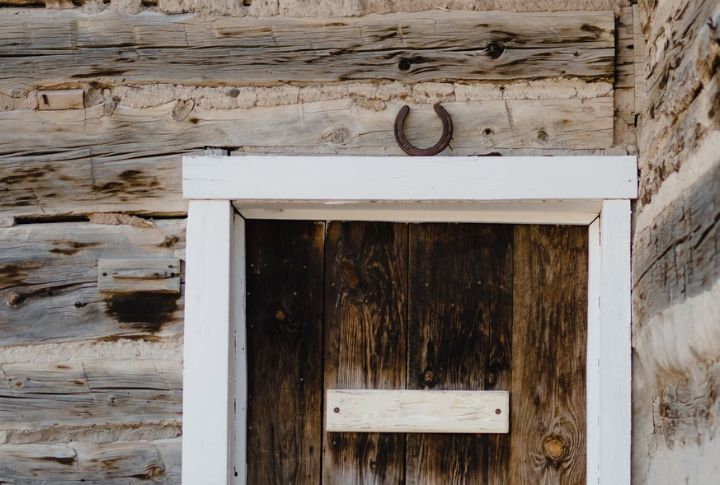
Cowboys hung horseshoes over doors with the open end up to catch and hold good luck, a tradition borrowed from European beliefs. A properly placed horseshoe guarded against bad luck with minimal effort. Some preferred trail-found shoes, believing discarded ones carried stronger luck, and many ranch houses still keep this custom today.
Whistling At Night Calls Trouble
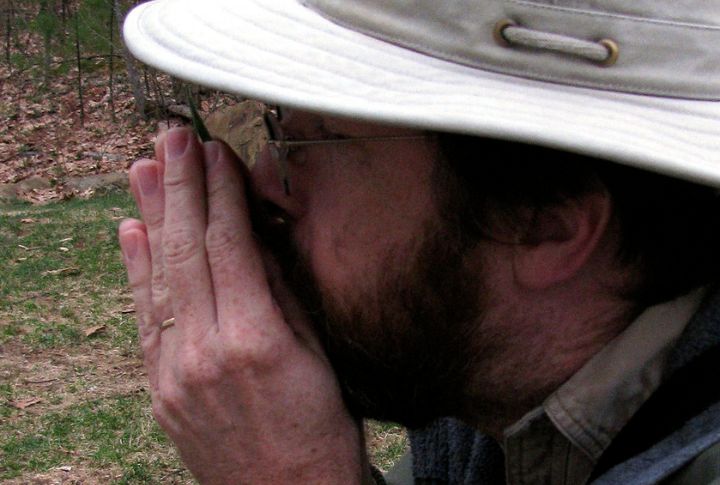
On the frontier, whistling at night was believed to attract trouble such as spirits or thieves. Around campfires or on trails, silence was safer after dark. Being heard at the wrong time could lead to real problems for cowboys and travelers in the lawless frontier.
Carrying A Rabbit’s Foot For Good Luck
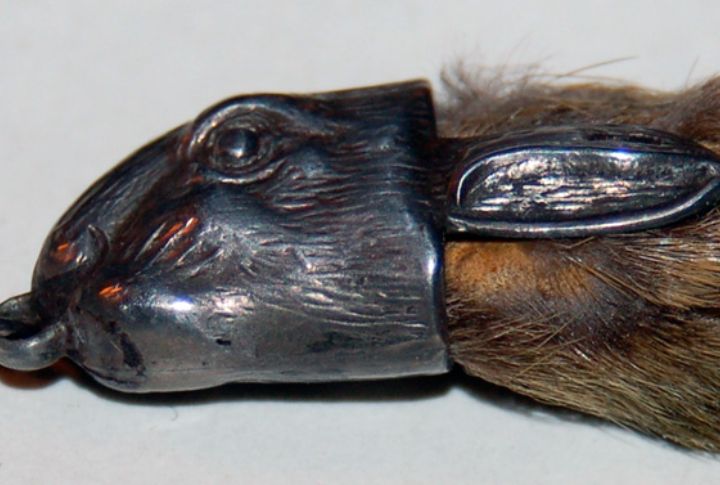
Carrying a rabbit’s foot became common among cowboys seeking protection against bad luck. Many kept one in a pocket or tied to saddlebags during long drives. A foot taken during a full moon was thought to bring stronger fortune and comfort during months spent working across the open range.
Always Mounting From The Left Side
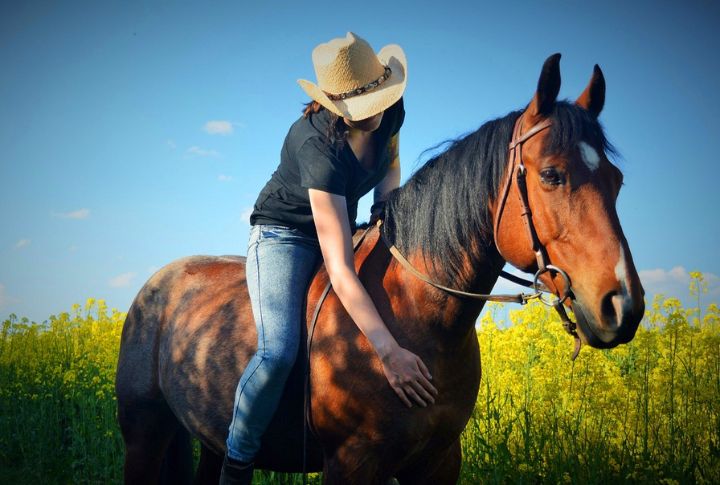
Mounting a horse from the left became a cowboy tradition, stemming from military habits where weapons were kept on the left for safety. Over time, mounting from the right was considered bad practice and unlucky. The tradition continues today, primarily for convenience, but it originally prioritized safety and order.
Dropping Your Hat Means A Fight Is Coming
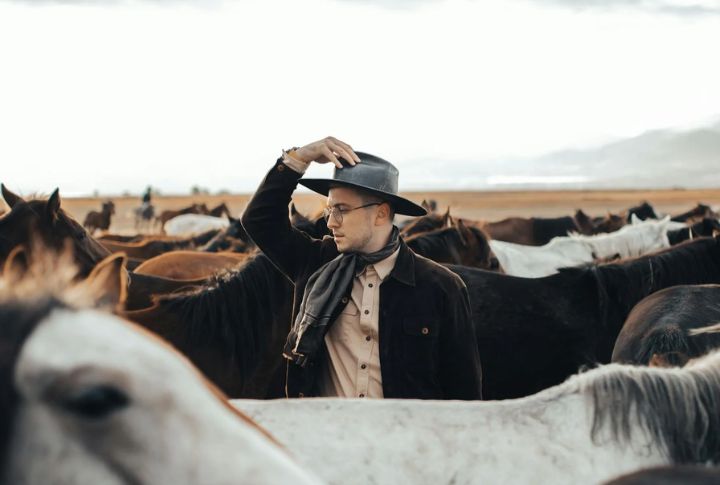
A dropped hat in cowboy culture signaled brewing trouble because hats symbolized respect and status. Losing one could stir tempers in crowded saloons or camp gatherings and escalate small arguments into fights. Cowboys handled hats carefully to avoid misunderstandings. Protecting gear was protecting reputation, which mattered almost as much as survival.
Never Changing Horseshoes On A Friday
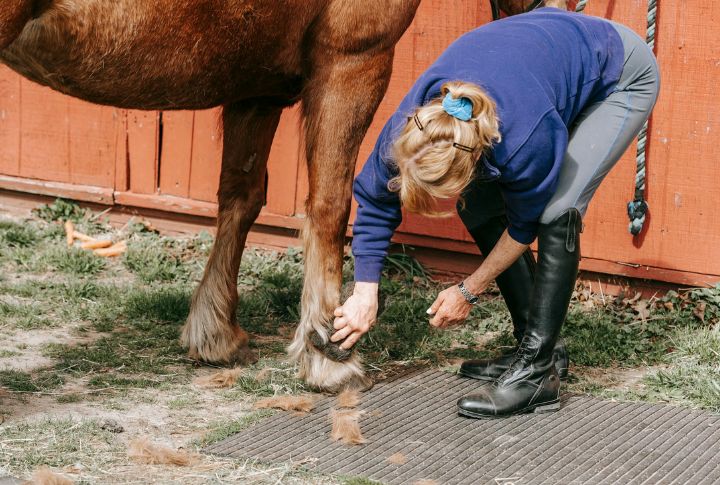
Many cowboys avoided changing horseshoes on Fridays, believing it brought bad luck. Friday was viewed as an unlucky day, and shoeing a horse added to the risk. Some bunkhouses scheduled blacksmith work on other days to avoid accidents blamed on Friday misfortune. Planning around superstitions helped riders manage bigger dangers.
Dreaming Of Snakes Was A Warning Sign
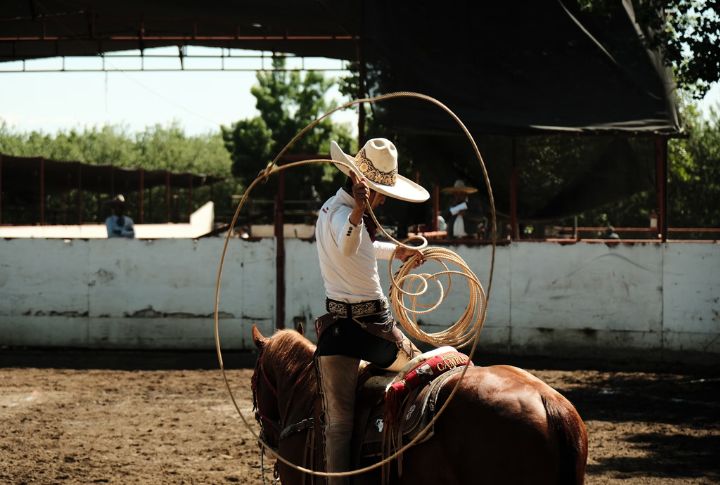
Cowboys believed that dreaming of snakes signaled betrayal or danger. A rider who had such a dream often delayed important decisions or watched companions more carefully. Dreams were taken seriously when trust and survival depended on small signs.
Always Tipping Your Hat To A Fellow Cowboy
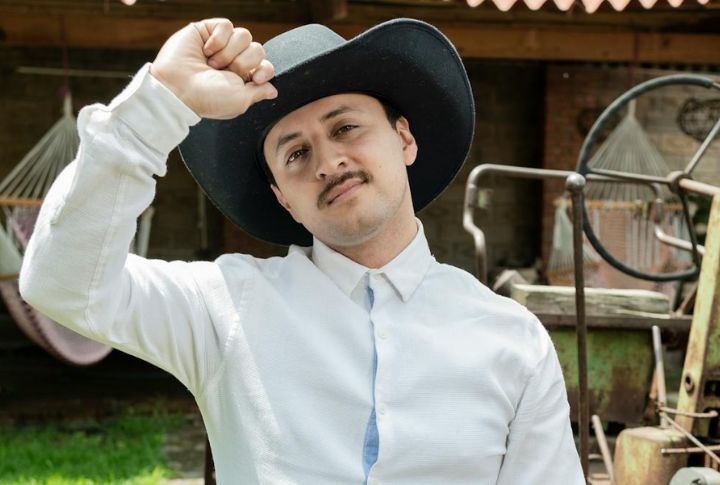
Tipping your hat showed respect and helped avoid misunderstandings between cowboys. In small towns and along isolated trails, a simple tip built trust quickly, while skipping this gesture could cause offense. Good manners helped riders form alliances when needed, and reputation remained important wherever cowboys traveled.
Swearing Around Horses Brings Bad Luck
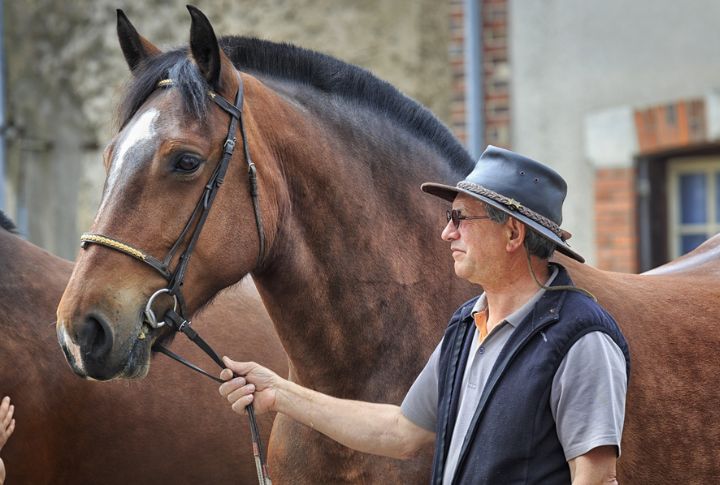
Speaking calmly around horses was seen as essential for safety. Loud swearing could startle animals, risking injury to riders and herds. Cowboys believed steady handling and quiet voices kept horses under control. Managing behavior near livestock was part of daily survival, not just superstition or custom.

